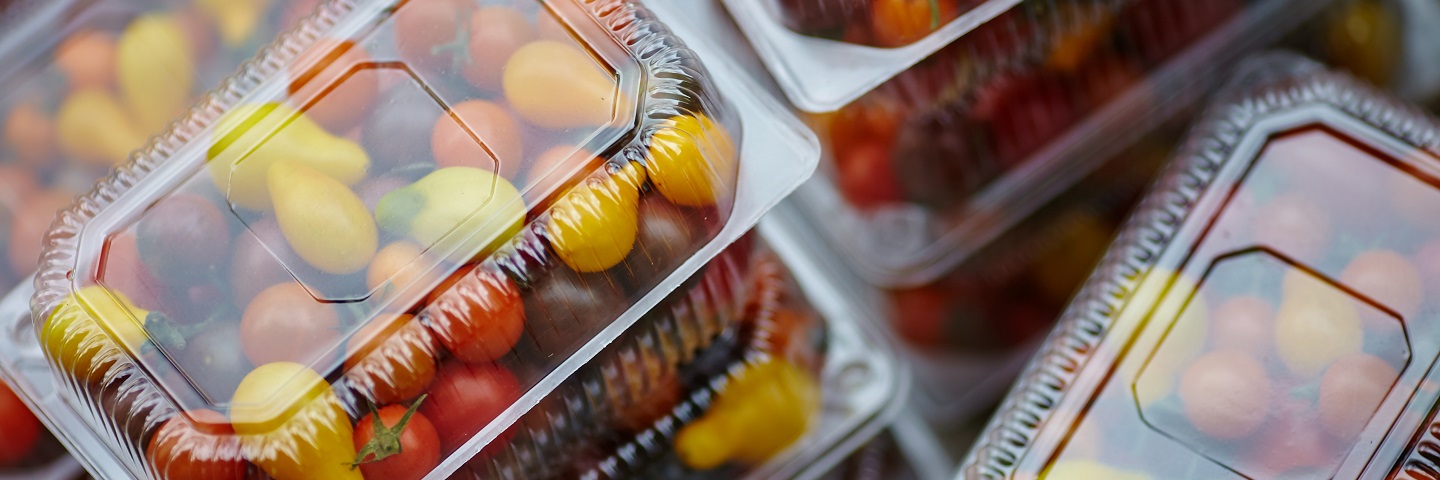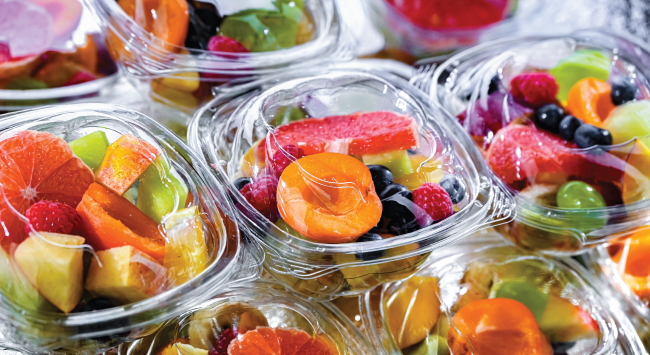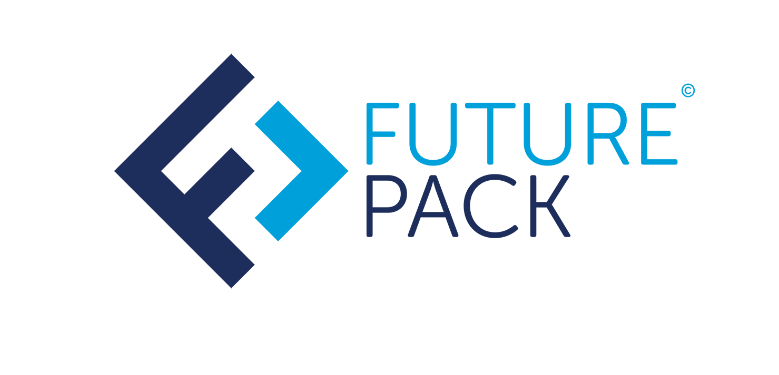
Visit our other sites
-
Fapas - Proficiency Testing
Globally recognised provider of proficiency tests, running over 400 tests annually across an extensive range of matrices and analytes
-
Great Crested Newts Testing
A single sample taken by an ecologist at any time during the newt breeding season can determine their presence or absence, saving you time and money
- Fera is the UK National Reference Laboratory for Materials and Articles in Contact with Food. Food contact materials testing is used worldwide to make sure that food is not contaminated by any of the products it comes into contact with.
- Our Services

Get to the heart of the regulatory issues within food contact
Food contact materials (FCM) are materials or articles that come into contact with food (and beverages), such as packaging, containers, machinery (used to process foodstuffs), in addition to kitchenware and tableware. Food contact materials have the potential to affect human health and the environment, so ensuring compliance with food contact regulations is of the utmost importance to those manufacturing, producing or even selling food contact materials. Food contact materials regulations continue to be complex and fast-moving, with increasing consumer demand for information and developing technologies with different regions requiring their own notifications (US, EU, China, South America, etc.) for new food contact substances as well as compliance specifications for food contact materials.
Food Contact Materials with D. Emma Bradley Webinar

Legislation
Our staff are experts in policy and legislation in this area as well as in the analysis of these matrices. The term 'food contact material' describes any material that may come into contact with a foodstuff. The most obvious example is food packaging but the term also encompasses materials (and articles) used in food processing, transport, preparation and consumption.
All materials that come into contact with food, from manufacturers' packaging to storage containers should be tested to ensure they are safe for food contact & ensures that food contact materials and articles do not change the nature, substance or quality of the food and that food contact materials must not transfer their components into the foods in unacceptable quantities (migration). Specific measures exist for some material types and some substances but these do not cover all that may be used in food contact applications.
Fera is the UK National Reference Laboratory for Materials & Articles in Contact with Food.
Our Services
At Fera we carry out food packaging testing and contact materials testing to ensure that your products comply with the appropriate regulations for food contact materials. Our work involves targeted and non targeted analysis of known and unknown migrants. Analysis can be carried out in complex matrices (foods, food simulants and food contact materials and articles) utilising a range of advanced chromatographic and mass spectrometric techniques including headspace gas chromatography with mass spectrometric detection (HS-GC-MS), liquid injection GC-MS, GC- time of flight (TOF) - MS, liquid chromatography with high resolution mass spectrometry detection (LC-TOF-MS), inductively charged plasam (ICP)-MS. Our staff are experts in policy and legislation in this area as well as in analysis of migrating substances from these materials or articles. We develop and validate methods using advanced analytical technologies for a variety of FCM related substances. Our expertise in this area focuses on research, surveillance and targeted and non-targeted analysis of known and unknown migrants in food contact materials and articles, foods and food simulants, providing solutions for the challenges faced in the complex food supply chain that exists.
Targeted & Non-Targeted Analysis
Intentionally Added Substances (IAS)
What are IAS?
IAS are known ingredients in food contact materials which can migrate such as monomers, catalysts, solvents, suspension media, additives, etc.
Fera can test to determine the concentration of the IAS in a material or article and its migration into Food simulants and foodstuffs.
Data interpretation and resulting actions with ISO 9001, GLP compliance, ISO/IEC 17025 & ISO/IEC 10743 certification for all UK activities. All our certification can be found here


Non-Intentionally Added Substances (NIAS)
What are NIAS?
NIAS are known or unknown isomers, impurities, reaction products and breakdown product of these ingredients as well as possible contaminants from the manufacturing process such as recycled materials, irradiated materials or contamination from indirect food contact sources such as printing inks, external coatings, adhesives, secondary packaging.
Fera has extensive experience in the detection, identification and quantifcation of NIAS in a range of material types and their migration into food simulants and foodstuffs.
Identifying Potential Hazards of NIAS using in silico methods
In silico methods such as (Q)SAR ((Quantitative) Structure Activity Relationship) models and Read-across are useful tools to predict toxicity from known molecular structures. These methods can be utilised when there are toxicity data gaps for specific NIAS. The tools offer a fast, economic and animal-free route for predicting toxicity and are increasingly being considered in food safety.
Fera can provide in silico predictions for key endpoints, including Mutagenicity, Carcinogenicity and Reproductive Toxicity, to identify potential hazards of NIAS and for prioritisation of testing.
Click below to find out more information.
Consultancy Service
If you have questions about due diligence planning and development, legislation, or the regulatory environment; sometimes it requires another experienced person or team to help pull things together and move them ahead. Fera's consultancy service is made up of senior scientists who have broad and deep experience in the food industry that we can bring to bear on your research project which goes beyond analysis and scientific expertise.
For more information, please contact us:

Fera can help perform the tests you require to maintain the quality of your packaging, and ensure the risk of pest infestation within your foodstuffs is mitigated.

Copyright © 2025 Fera Science Limited (“Fera”). All rights reserved.
For further information about how Fera uses any personal data collected from you, please see our Privacy Notice at www.fera.co.uk/privacy-policy.


